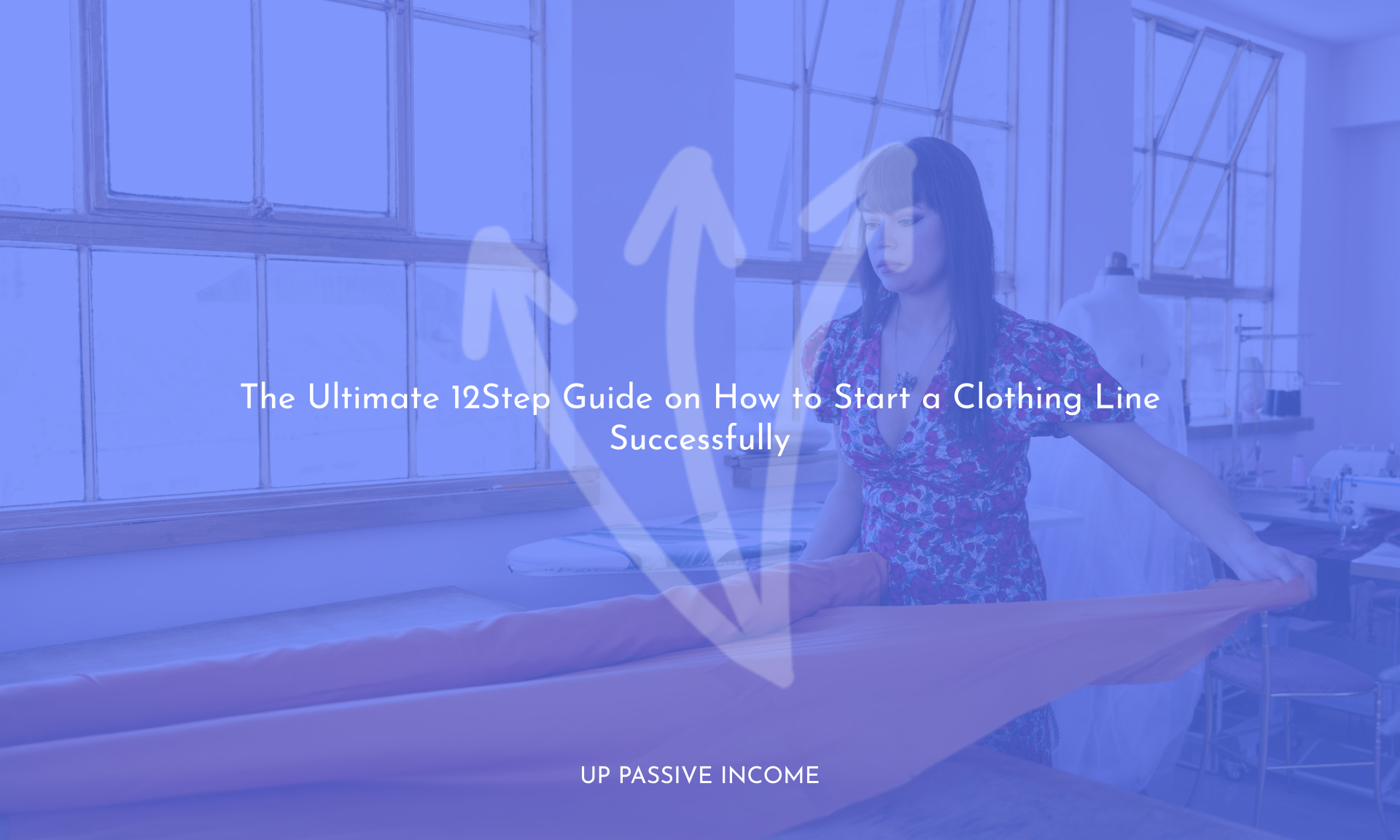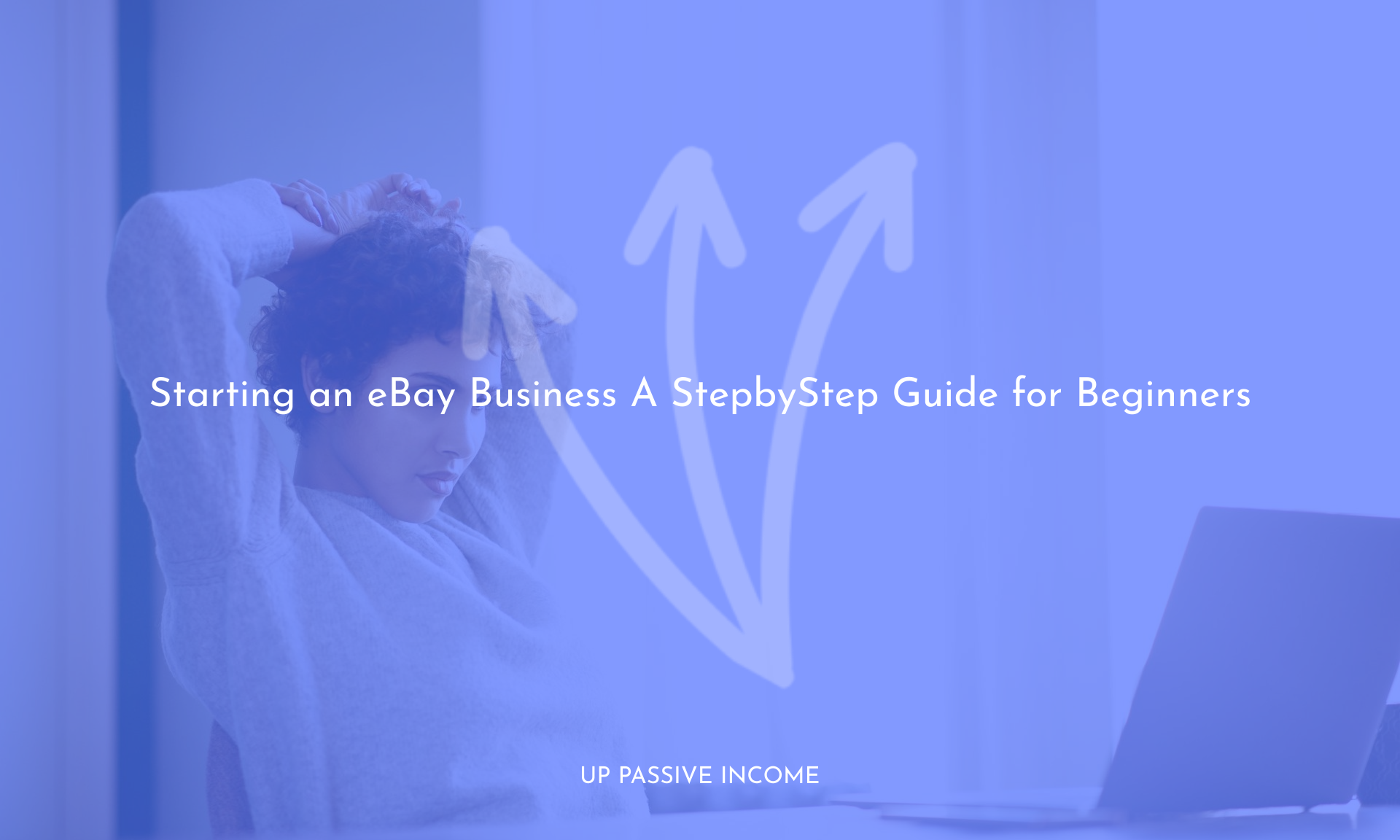Maximize the financial potential of your business by accelerating your business finances through paying off your small business loan faster. Learn about the advantages and potential drawbacks of early loan repayment in this comprehensive guide. Equip yourself with the necessary knowledge to make an informed decision and optimize your business’s financial future.
Discover the advantages and potential drawbacks of paying off your small business loan earlier than planned. This comprehensive guide will equip you with the necessary knowledge to make an informed decision and maximize the financial potential of your business.
If your small-business debt carries a high interest rate, you might think paying off your loan early will save you on interest, as it would with a mortgage or a car loan. But this isnt always the case with small-business loans. In some instances, repaying the loan early will actually increase your annual cost of borrowing.
Thats because small-business loans may come with a fixed-fee structure, which means youll repay the same amount of fees and interest no matter how early you repay the loan. Some lenders may also slap you with a prepayment fee.
So consider these factors before paying off your business loan early:
Table of Contents
Does the loan amortize?
Mortgages, car loans and the Small Business Administrations 7(a) loans are typically amortizing loans. This type of debt requires monthly payments of principal and interest based on an amortization schedule. In the beginning of an amortizing loan, the majority of the payment goes toward interest, and as time goes on, more and more of each payment is applied to the principal. So paying off this type of loan early would save you on interest.
But small-business loans are not all amortizing, and some may carry a fixed-fee structure. Lets say you have a $10,000 small-business loan carrying a 12-month repayment term and total fees and interest of $2,000, an annual percentage rate (APR) of 20%.
By the sixth month, sales at your business have picked up and you decide you want to repay the loan in full. Since you still have to pay the full $2,000 back, this effectively increases your APR to 40%, since you cut the repayment period in half.
In this case, repaying the loan earlier increases your annual borrowing cost of the loan.
Merchant cash advances are another type of financing in which you have a make-whole prepayment, which means if the borrower repays the debt early, he or she is still required to pay the full amount of the loan plus interest and fees, says Ethan Senturia, CEO at Dealstruck, a small-business lender.
Will I be charged a fee for paying early?
Some small-business loans come with a prepayment fee for paying off the loan early, adding to the total cost of the loan. This fee is typically represented as a percent of the total remaining loan balance; for example, 1% of a $10,000 remaining loan balance results in a $100 fee.
One of the biggest risks for an investor is, someone pays back the loan early and they dont get all of their interest, says Lori Atwood, a small-business consultant and founder of Fearless Finance. Prepayment fees are a way to mitigate that risk.
The SBA charges borrowers a prepayment fee on its 7(a) small-business loans, but only if the loan has a maturity of 15 or more years and is prepaid during the first three years, according to the SBA.
Online lender Dealstruck assesses a 1% fee for every year a loan is repaid early. This fee covers the lenders marketing, underwriting and compliance costs to provide the financing, Senturia says.
If you decide to pay the prepayment fee, you can still save on interest on Dealstruck term loans, which all amortize.
Make sure youve done the math and know when it makes sense to prepay if you have an amortizing loan, Atwood says. Its the same math as a mortgage and refinancing.
Another example: At Funding Circle, which provides business loans of up to $500,000, borrowers can pay off the remaining balance of their loans anytime to save on interest and face no prepayment penalties or additional fees for doing so, according to Funding Circle spokeswoman Liz Pollock.
How will it affect my cash flow and taxes?
For small-business owners, the decision about whether to repay a loan early really comes down to cash flow more than the potential interest savings, says Barbara Weltman, a small-business advisor and author of J.K. Lassers Small Business Taxes.
Many businesses may not have the cash to pay early, even if it would save them on interest, Weltman says. So the decision on whether to devote the cash on hand to paying off a debt depends on what other obligations the business owner may have.
The interest paid on small-business loans is also a full deductible on a business taxes, according to Weltman. So repaying a loan early may cause you to lose this deduction. Its best to consult with a tax professional on this.
Will repaying help me secure a new loan?
One good reason to repay a loan early is to reduce your companys debt to improve your chances of landing another loan at better terms, Weltman says.
If you havent repaid an existing loan, you have a debt on your books, she says. So that works against you in what a new lender will consider advancing to you. Once you have debt outstanding, it makes it harder to go get a new loan.
If your debt-to-equity ratio is getting too high — or youre trying to lease equipment or take on a new loan and lenders dont like your debt-equity structure — youre going to have to swallow the costs and pay that loan off, Atwood says. So you want to make the best judgment call for your business.
Thanks to Source
paying off small-business loan



